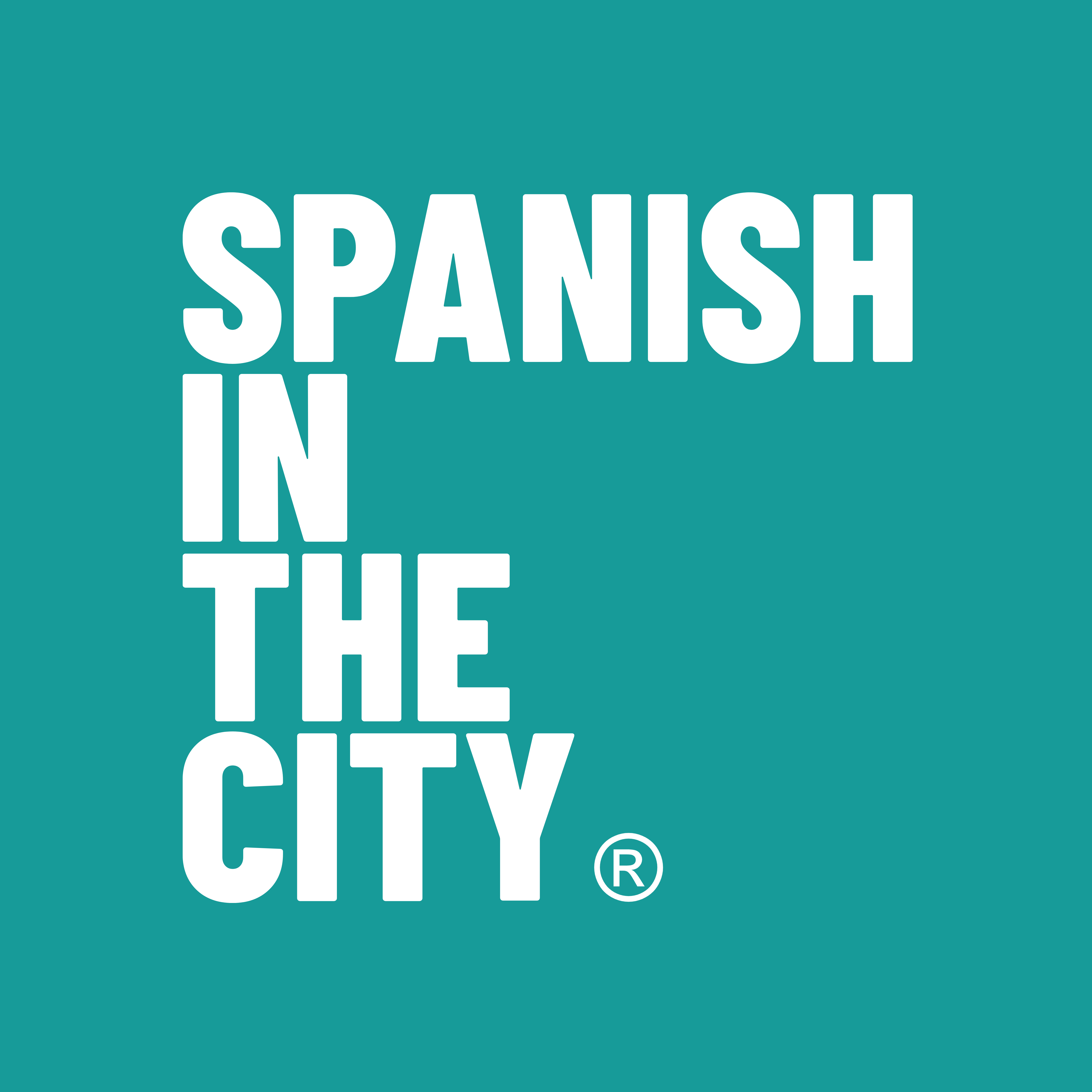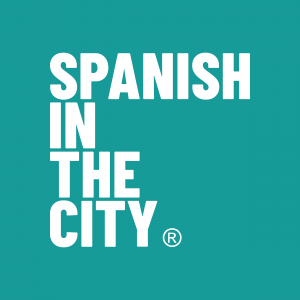Any cookies that may not be particularly necessary for the website to function and is used specifically to track, collect personal data via analytics, ads, and other embedded contents are termed as non-necessary cookies.
By enabling 3rd party cookies in this webiste you are enabling it:
- to use Quizlet.com to display embedded Spanish vocabulary quizzes and practice quizzes.
-to use Youtube.com to display relevant embedded videos for practice.
-to use Elfsight.com to display embedded google reviews from my students.
-to use Quiz.tryinteract.com to display an embedded Spanish level test and embedded practice quizzes.
-to use Learningapps.org to display embedded Spanish vocabulary quizzes and practice quizzes.
- to use Unsplash.com to allow embedded images and GIFs to be displayed in my tryinteract.com quizzes.
Enabling 3rd party cookies provides you with the best experience by ensuring that this website functions correctly.
EMBEDDED CONTENT FROM OTHER WEBSITES AND PLATFORMS
Reviews, quizzes, assessments an posts on this Website include embedded content (e.g. videos, images, articles, reviews from students, etc.) from other websites or platforms. Embedded content from other websites or platforms behaves in the exact same way as if the visitor has visited the other website or platform.
This type of service allows you to view content hosted on those external websites or platforms directly from the pages of this Website and interact with them.
This type of service might still collect web traffic data for the pages where the service is installed, even when you do not use it.
Those external websites or platforms may track and collect data about you, use cookies, embed additional third-party tracking and monitor your interaction with that embedded content, including tracking your interaction with the embedded content if you have an account and are logged in to that website or platform.
Since the installation of third-party cookies and other tracking systems through embedded content from other websites or platforms cannot be technically controlled by us, any specific references to cookies and tracking systems installed by third parties are to be considered indicative. In order to obtain complete information, you are kindly requested to consult the privacy policy for the respective third-party services listed in this document before proceeding:
Tryinteract.com
YouTube.com
Quizlet.com
LearningApps.org
Unsplash.com
Elfsight.com
Some embedded content in this website by YouTube and Quizlet may need an extra cookies consent. However, if you accept or have accepted those cookies in some other website, those cookies will be authomatically placed in your device, with no need of an extra consent when you go to the embedded content in this Website.
Your consent will expire in 365 days.
Please enable Strictly Necessary Cookies first so your preferences can be saved!



